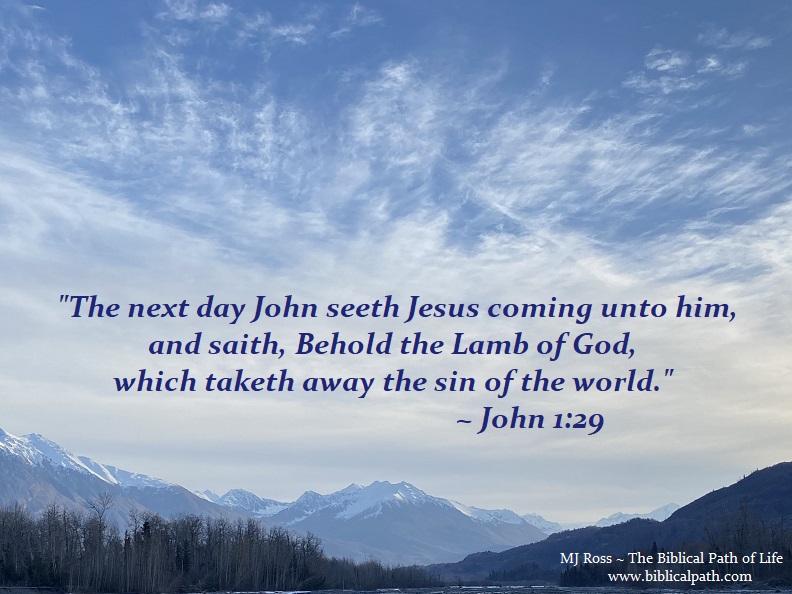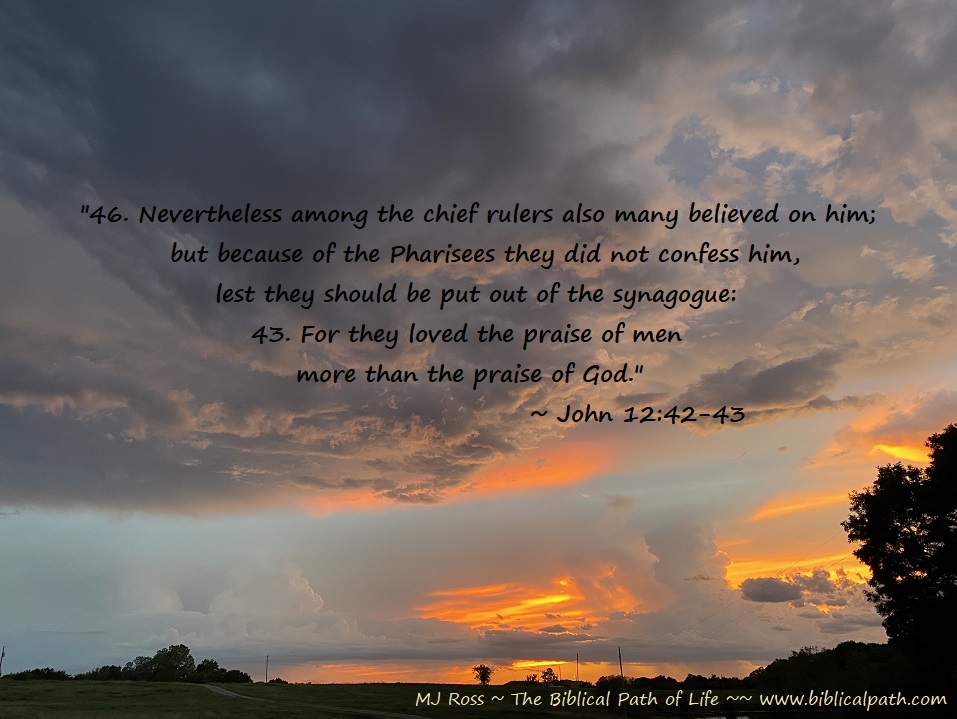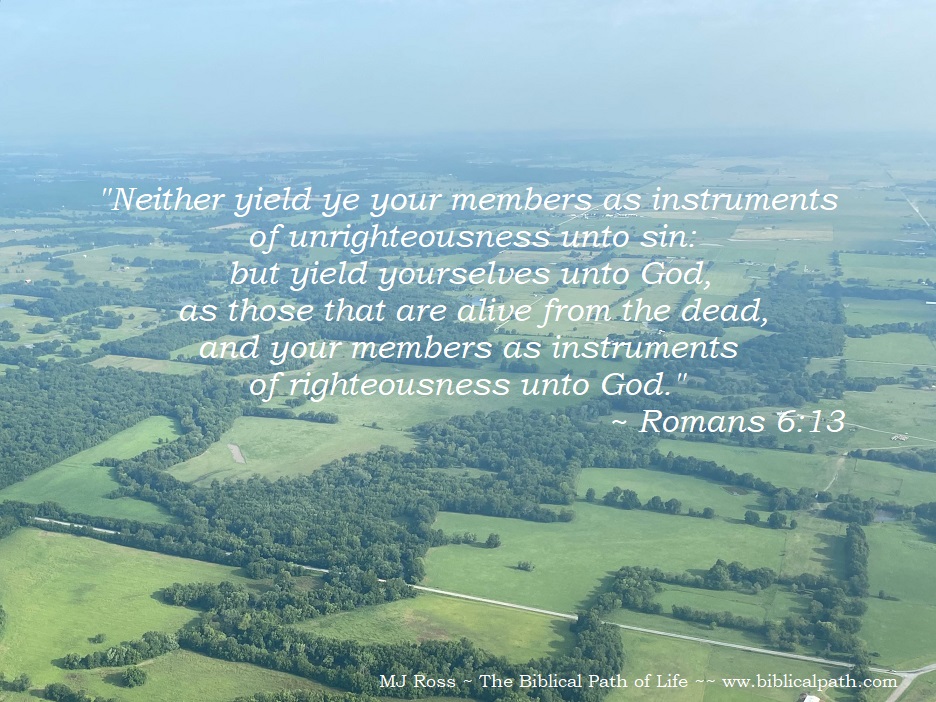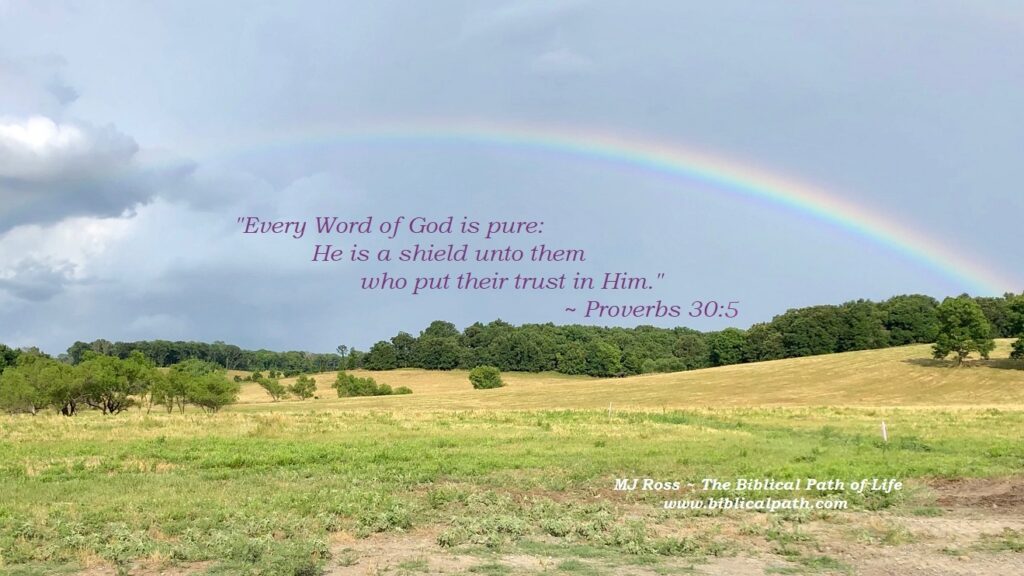
“For God, who commanded the light to shine out of darkness, hath shined in our hearts, to give the light of the knowledge of the glory of God in the face of Jesus Christ.”
2 Corinthians 4:6
Paul was a great missionary, sent by God, to tell others the Gospel message of Jesus Christ. Paul understood the importance of salvation, and he was not ashamed to tell anyone he met what Jesus could do for them. “For I am not ashamed of the gospel of Christ: for it is the power of God unto salvation to every one that believeth; to the Jew first, and also to the Greek” (Romans 1:16). Salvation means “deliverance from sin and its spiritual consequences, and involving an attachment to the body of Christ (the church), and eternal life in the kingdom of Christ.” It was because of this great need of deliverance from sin and its’ spiritual consequences that encouraged Paul to preach the Gospel Message of Jesus. “1. Moreover, brethren, I declare unto you the gospel which I preached unto you, which also ye have received, and wherein ye stand; 2. By which also ye are saved, if ye keep in memory what I preached unto you, unless ye have believed in vain” (1 Corinthians 15:1-2). Many believed what Paul preached, and it changed their lives. However, as may happen when the Gospel Message is preached, some “believed in vain”. Believed in vain means “without effect; a temporary faith makes no appreciable difference in one’s life because the gospel fails to take effect.” Some people make a mental ascent to faith in Jesus, but unless one truly receives Christ in the heart with a changed life (see 2 Corinthians 5:17), it is only a temporary faith – not real. Nevertheless, Paul taught them Jesus, whom Paul had himself received. “3. For I delivered unto you first of all that which I also received, how that Christ died for our sins according to the scriptures; 4. And that he was buried, and that he rose again the third day according to the scriptures” (1 Corinthians 15:3-4). It is up to each individual to choose as to whether he or she will believe.
Paul recognized the primary focus of his life was to spread the Gospel message of Jesus, however he also understood the importance of living a life so that any who saw him knew he was different – that he belonged to Jesus. “15. For we are unto God a sweet savour of Christ, in them that are saved, and in them that perish: 16. To the one we are the savour of death unto death; and to the other the savour of life unto life. And who is sufficient for these things?” (2 Corinthians 2:15-16). Paul had learned that not all would believe in the Gospel Message of Jesus. Nevertheless, all Christians are to tell others about Jesus and live a life so that others can recognize they have Jesus. It is then up to the individuals to make their own choice – saved or perish; death or life. Wherever Paul went, the people were called to a time of decision – either accept Jesus, or reject Jesus.
As Paul preached faithfully, he recognized that to some, the Gospel Message was hidden. “But if our gospel be hid, it is hid to them that are lost” (2 Corinthians 4:3). More importantly, Paul understood how it was hidden from them. “In whom the god of this world hath blinded the minds of them which believe not, lest the light of the glorious gospel of Christ, who is the image of God, should shine unto them” (2 Corinthians 4:4). Remember: Jesus is the Light of the world. “Then spake Jesus again unto them, saying, I am the light of the world: he that followeth me shall not walk in darkness, but shall have the light of life” (John 8:12). If one does not receive “the glorious gospel of Christ”, it is because “the god of this world” (Satan) has hidden it from them (blinded their minds). It is interesting that Satan blinds the mind. Somehow, he is able to convolute the simplicity of the Gospel Message. “But I fear, lest by any means, as the serpent beguiled Eve through his subtilty, so your minds should be corrupted from the simplicity that is in Christ” (2 Corinthians 11:3). Because of blinded minds, many have rejected Jesus, the Light of the World.
However, read what God does: “For God, who commanded the light to shine out of darkness, hath shined in our hearts, to give the light of the knowledge of the glory of God in the face of Jesus Christ” (2 Corinthians 4:6). God “hath shined in our hearts”. Where Satan blinds the mind, God shines in the heart, “to give the light of the knowledge of the glory of God in the face of Jesus Christ”. If one will receive that Light, one gains the knowledge of Jesus Christ.
Paul understood the importance of the message he was to deliver: Jesus, God’s Son, lived a perfect life, died on the cross, paying for man’s sin, rose again the third day, and is coming again one day. This was a message the world did not, and could not understand – for Satan blinds the mind. However, the Light of the knowledge of Jesus can change one’s life – if one will only believe.
Have you received the Light of the knowledge of Jesus, living a changed life, then becoming a savor of life to others?
Find out how to receive the Light of Jesus: Salvation.





